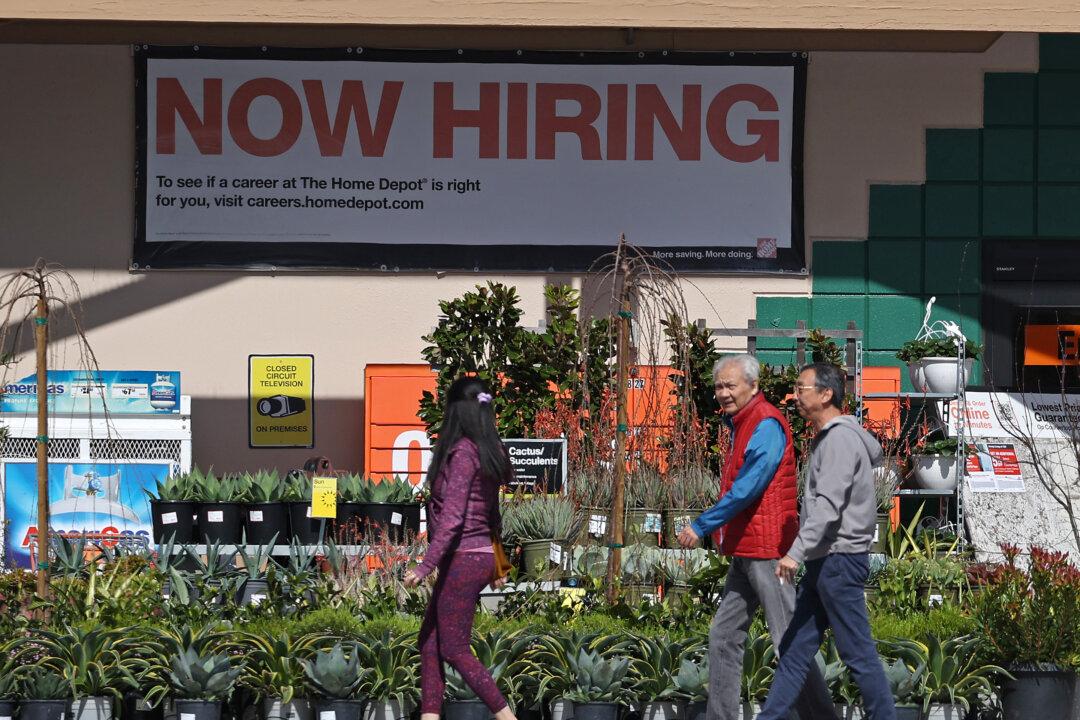In the final report issued by the U.S. Bureau of Labor Statistics (BLS) before Tuesday’s presidential election, the U.S. labor market added only 12,000 jobs in October—far fewer than predicted and the lowest job growth since December 2020. Some view this report as an anomaly due to September’s hurricanes and the Boeing strike. Still, others find it hard to connect these events to the unexpectedly low job numbers.
Bankrate.com senior economic analyst Mark Hamrick, who predicted earlier this week that around 125,000 new jobs would be added, told The Epoch Times that Friday morning’s report makes the overall outlook muddy at best.





